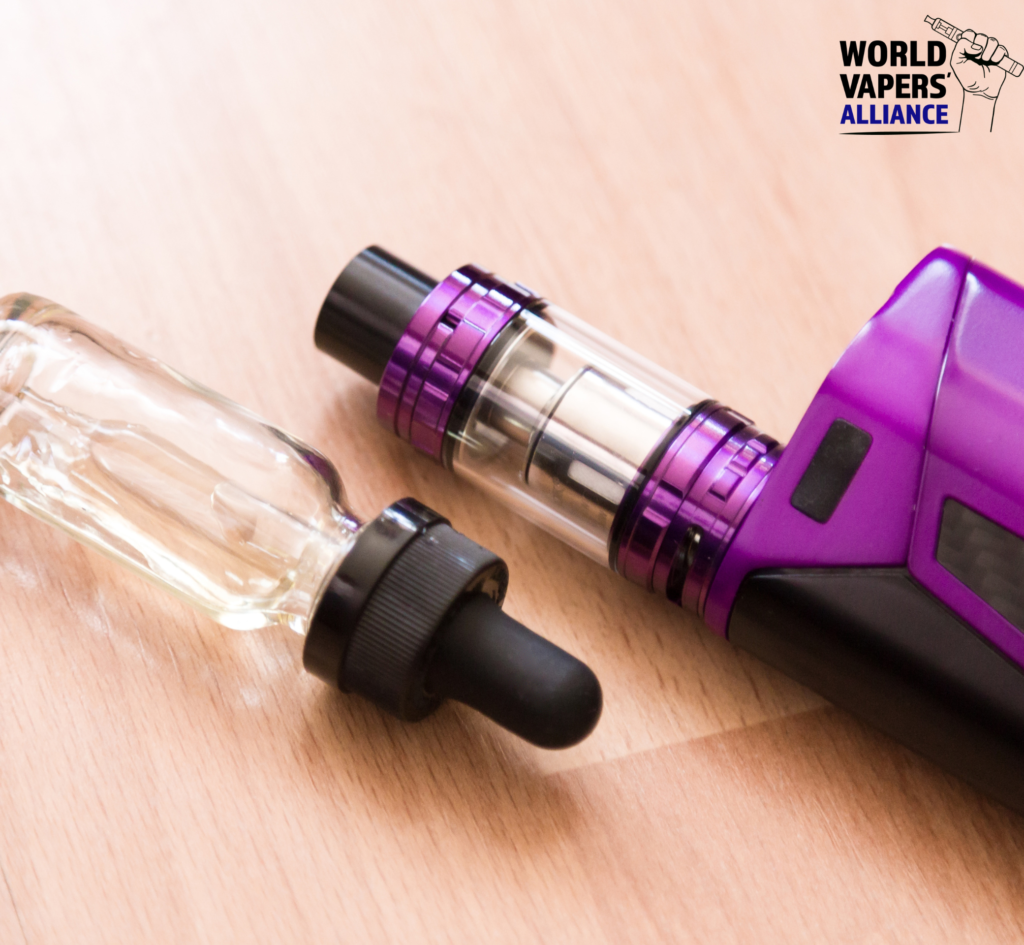Vaping is 95% less harmful than smoking and is the most effective smoking cessation tool. But when it comes to switching from smoking to vaping, prices play a significant role. The price of less harmful nicotine delivery products can be a barrier or an additional incentive for those trying to quit. If vaping products are expensive relative to cigarettes, or if their price is so high that it is prohibitively expensive for low- and middle-income groups, smokers will be discouraged, when not prevented, from switching. If, on the other hand, vaping is cheap relative to smoking, smokers looking to quit will be able to try it and will find yet another incentive to do so: saving money in the process.
Fortunately or not, governments throughout the world have a tool through which they can influence smokers’ decisions via the mechanism explained above: taxes. In most countries, taxes are a big part of the sale price of tobacco products, and they are set to become so for alternative nicotine products too. The way in which governments tax traditional and alternative nicotine delivery products will influence the decision-making processes of millions of smokers and vapers and affect public health outcomes worldwide. So, how should they do it?
Smoking has consequences not only for their users but also for society as a whole. The treatment costs of smoking-induced illnesses are covered by social security and public healthcare schemes supported by taxpayers. From this perspective, cigarette taxes are justified to generate government revenues to cover smoking-related healthcare expenses. Because of the lower risk profile of vaping, the same reasoning cannot be applied. The vast majority of the harmful constituents of tobacco smoke are absent in vaping, which makes it substantially less toxic than smoking, and its associated risk of cancer is less than 0.5% relative to smoking. Therefore, a similar degree of taxation of products with risk levels so apart cannot be justified.
In addition, tobacco taxes are intended to discourage consumption. So do taxes on e-cigarettes. But it has been shown that traditional and electronic cigarettes are substitutable products, which means that increases in the price of one lead to increases in the consumption of the other. As an unintended consequence, increasing e-cigarette taxes can lead to higher smoking rates, particularly among the younger.
In summary, it does not make sense to tax traditional and electronic cigarettes in the same way. Keeping a tax differential can incentivize smokers to switch, improve public health and alleviate government health spending. On the contrary, raising taxes on e-cigarettes will bring their price close to or above that of traditional cigarettes, discouraging smokers from switching, reversing the smoking cessation paths of ex-smoker vapers, damaging public health and soaring healthcare costs.
Sadly, the Portuguese government has chosen to take the wrong way. The government’s proposed state budget for 2024 foresees subjecting nicotine-free e-liquids to a €0.175/ml tax, while increasing the rate applicable to nicotine-containing e-liquids by 4%, amounting to €0.351/ml. Additionally, it considers subjecting nicotine-containing and nicotine-free e-liquids to a minimum tax corresponding to 25% and 12,5% of the tax applicable to traditional cigarettes. Using the equivalence factor proposed by the government (0.05ml of e-liquid = 1 cigarette), 1 milliliter of nicotine-containing e-liquid will pay a quarter of the tax of a whole cigarette package (composed of 20 cigarettes).
If the proposal is approved, the price of e-liquids is expected to skyrocket to levels that would highly discourage smoking cessation. In its last National Plan Against Cancer, presented a year ago, Portugal aimed to reduce the prevalence of tobacco consumption from the current 17% to less than 14% in 2025 and less than 10% in 2030. This is unlikely to happen if the Portuguese government keeps tightening its grip on vaping, and it contrasts with the high reduction of smoking rates experienced by countries that adopted an open approach towards vaping and other safer nicotine products, such as the United Kingdom and Sweden, who will become the first smoke-free country this year.
Instead of increasing taxes on e-liquids, the Portuguese government should try to keep a large tax differential to encourage smokers to switch. Otherwise, if the proposed measures are passed, smoke-free goals won’t be met and public health will suffer.





